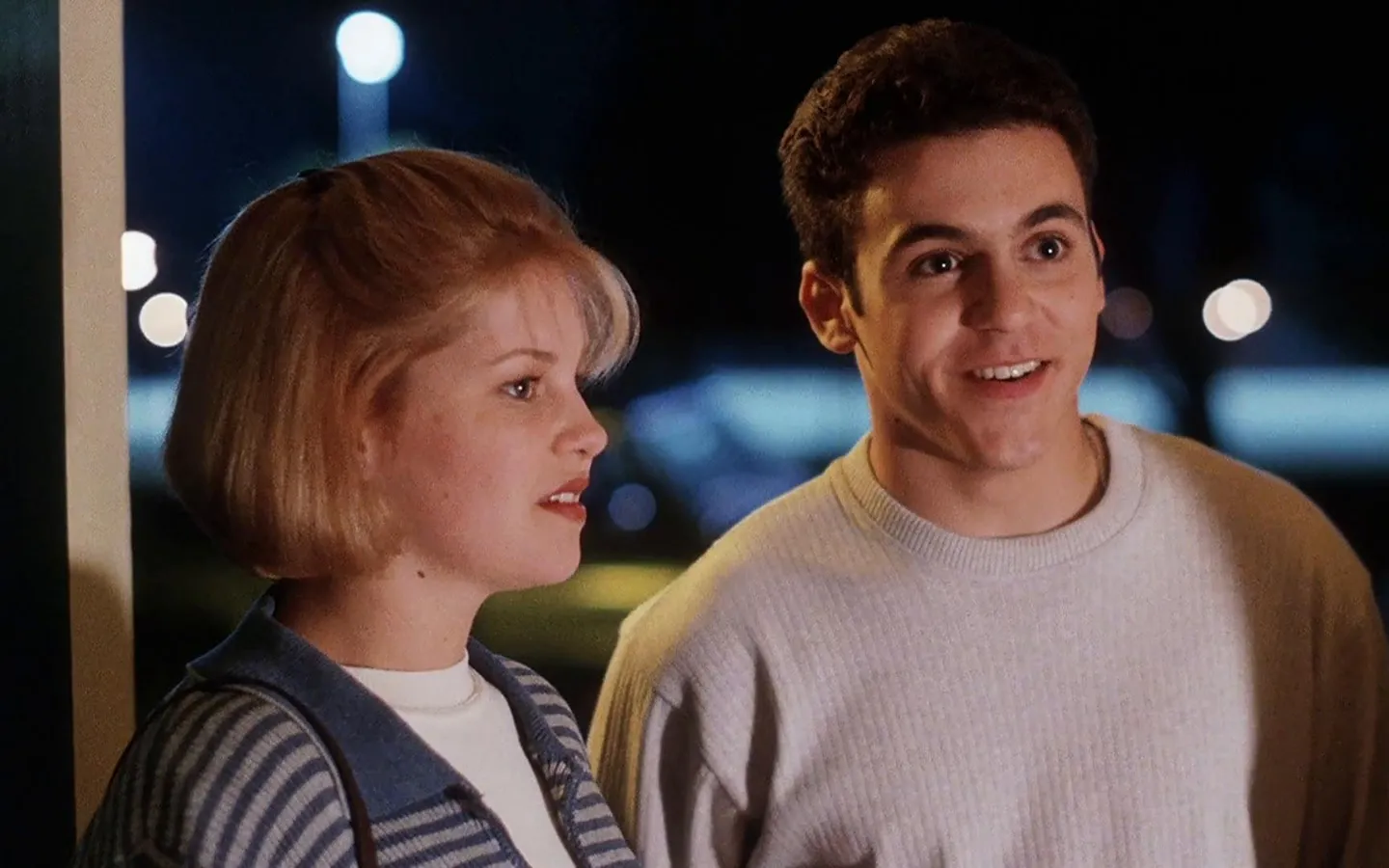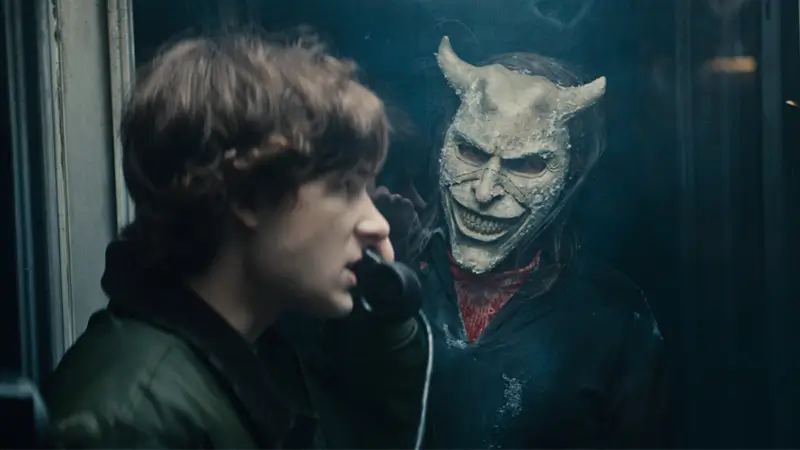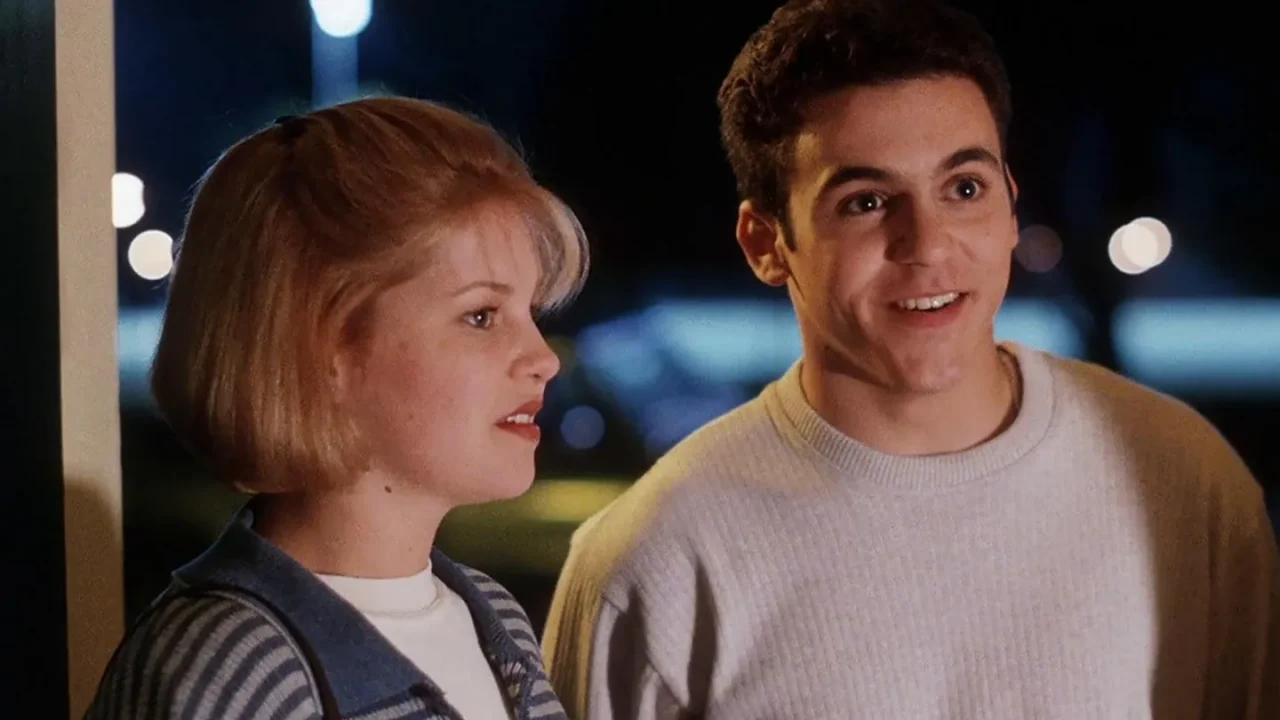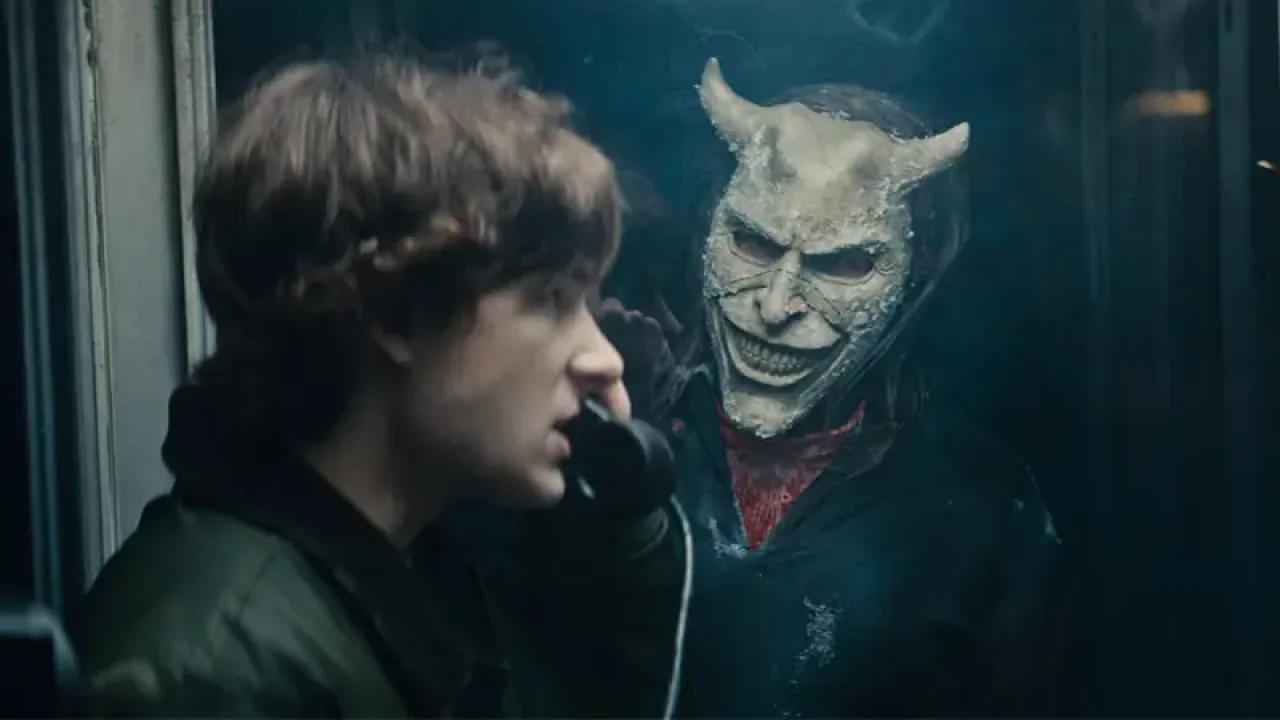For Ari Aster fans, Eddington (USA, 2025) might seem like an anomaly. The director, after all, made his name in horror cinema with films like Hereditary (2018) and Midsommar (2019). Even his surreal epic tragicomedy Beau Is Afraid (2023) remains firmly psychological horror through its protagonist’s internal dread.
Though Aster has now abandoned the genre that made him famous, his latest maintains the thematic throughline connecting his filmography: trauma. Here, it’s one of our broadest collective traumas – the COVID-19 pandemic as filtered through our smartphone screens, with all its implications implies.
What’s it about?
In Eddington, a small New Mexico town, Mayor Ted García (Pedro Pascal) prepares for reelection while implementing pandemic mask mandates under the governor’s orders. Sheriff Joe Cross (Joaquin Phoenix) argues this infringes on personal freedom, sparking town-wide dissent.
As the community fractures, García faces controversy over ties to a polluting data center, while Cross—whose home life with unstable wife (Emma Stone) crumbles—launches his own campaign. Their conflict grows increasingly absurd and violent.

Eddington and the Horrors of Online Life
Two crucial context points: first, the film has been labeled a western (or neo-western); second, Aster calls it “the movie Twitter wrote“—referencing how social media spread pandemic misinformation and conspiracy theories that eroded social cohesion.
If westerns traditionally mythologize American civilization conquering the frontier, then Eddington serves as an “anti-western,” confronting our catastrophic social breakdown during lockdowns amid fake news, political polarization, and the George Floyd protests. Aster stops short of including literal subplots about government officials recommending chlorine injections as treatment.
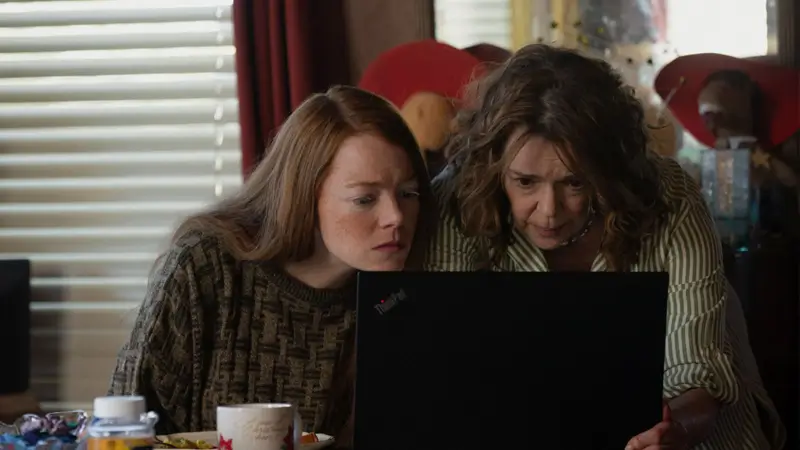
Eddington doesn’t literally recreate our internet-fueled collective nightmare, but presents its psychological/social decay as a town microcosm. This isn’t about generational trauma or failed relationships—Aster holds a mirror to America’s media-poisoned political psyche. Phoenix delivers a mesmerizing yet repulsive performance as our audience surrogate; whether you sympathize with him or not becomes a Rorschach test.
So while not technically horror, the recency of these experiences—and their ongoing ramifications—makes the context terrifying. Aster conveys this through his filmmaking: lingering shots sustain tension through silence and simmering anger before absurd situations erupt (or don’t). When violence comes, Aster’s exploitative bluntness reaches intentionally ridiculous levels—darkly humorous yet bluntly impactful.
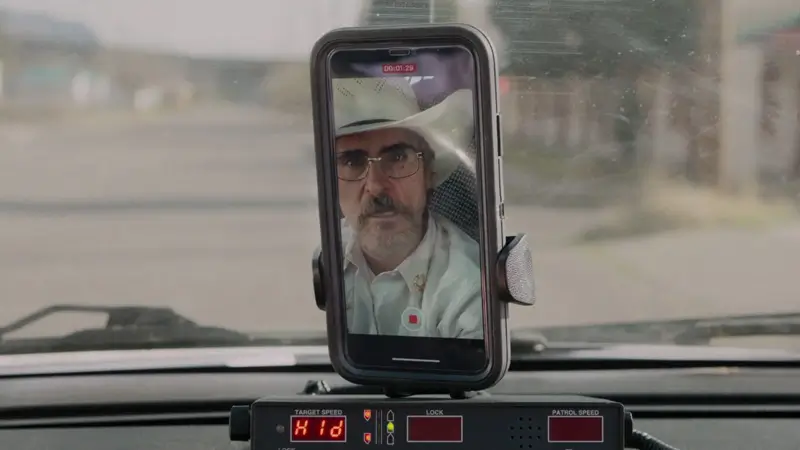
Yet in attempting a comprehensive pandemic America autopsy, Aster falls into the trap of breadth over depth. He touches on ideological polarization, misinformation’s familial toll, racism, classism, radicalization, cult predation, land grabs, even a suggestion of child abuse—all at the core American rot. But addressing everything means exploring nothing meaningfully.
This lack of nuance makes Eddington an overstated, disappointingly obvious satire. Anyone vaguely aware of recent news will find no revelations here. At least Aster faces the déjà vu with irony, but his conclusion amounts to little more than “well, everything’s fucked.” And what else is new, Mr. Aster?




